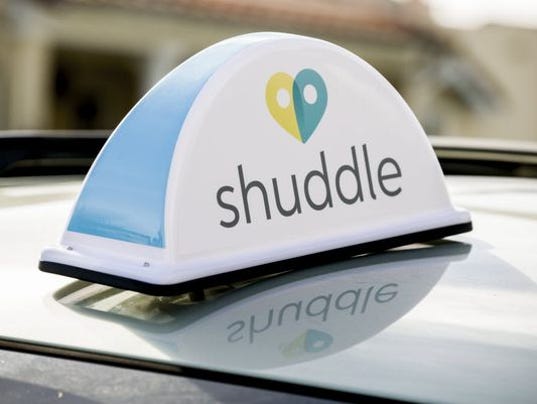After a decent, though uneven, run for stocks since January, the stock market forecast for the next six months remains mildly bullish. Big gains in tech stocks, from cloud computing and generative AI giant Microsoft (MSFT) and enterprise database software turnaround play Oracle (ORCL) to Palantir Technologies (PLTR), a favorite among individual investors that went public less than three years ago, have excited investors.
Judging by the past two months of action in the stock market, indeed it appears the animal spirits have returned. Gains accelerated in the past three months, especially so across the broader market in both June and July.
With the month of July now in the books, the S&P 500 gained another 3.1%, the Nasdaq composite 4%, and the Dow Jones Industrial Average of blue chip names nearly 3.4%. This follows sharp rises in the 4% to 6% range in June.
August, however, has shown a little rough sledding.
Through Tuesday's close, the 500 has fallen almost 2% for the month so far. The large-cap benchmark looks poised to halt a five-month winning streak. The Nasdaq composite is down 3.2% for the month, the Dow industrials off less than 0.7%.
Beyond top tech stocks, strong moves by consumer growth companies, such as Amphastar Pharmaceuticals (AMPH) (maker of both proprietary and generic medicines that as of July 27 ranked in the top 10 of the IBD 50), transportation innovator Uber (UBER) (giving back a portion of its three-month 55% vault following solid Q2 results) and midcap cosmetics marketer ELF Beauty (ELF) — up as much as 260% from a July 2022 breakout past a cup with handle and a 33.44 buy point — have added quality leadership to the market.
The Wall Of Worry: Still Being Built?
But the sanguine outlook could darken quickly if investor expectations for corporate earnings, interest rates and stability of the banking industry take a turn for the worse.
In fact, the week ended July 7 saw both stocks and U.S. Treasury bonds fall together in price. With expectations of a new quarter-point rise in the fed funds rate by the Federal Reserve this past week right on target, the yield on the benchmark 10-year Treasury bond jumped to as high as 4.09% on July 7.
The benchmark 10-year yield has since plunged to as low as 3.73% on July 19. Three months ago, it squatted near 3.25%. On Tuesday, yield on 10-year notes eased back to 4.02% after falling at one point to 3.98%.
On July 26, the Federal Reserve ended the brief pause in its monetary tightening campaign with a quarter-point rise in the fed funds rate. The move lifted the target range of overnight loans to large banks to 5.25%-5.5% — the highest level since March 2001.
And the risks don't end at U.S. borders. A diplomatic or military event, such as an escalation of the Ukraine-Russia war, could chill investors' mood.
IBD Big Picture: Will Palantir Technologies Form This Rare Chart Pattern?
Stock Market Forecast For S&P 500 At Year's End
The Federal Reserve is likely not done raising the cost of money to tame inflation. So, interest rates may remain top of mind for investors. Even after recent encouraging data showing inflation cooled further in May, Wall Street still eyes the possibility the U.S. central bank could raise short-term interest rates by at least 25 basis points later in the year.
Nonetheless, market veterans see a touch of gains in stock prices ahead.
The S&P 500 finished strong during the final week of June, rising nearly 2.4%. It more than recouped the prior week's 1.4% decline. At 4450, the large-cap benchmark etched its highest weekly close since the week ended April 8, 2022.
Last week, the 500 added another 1% and reached 4607. It hit levels not seen since April 2022.
Earlier in June, the S&P 500 had already barreled past many Wall Street firms' forecasts that it would hit 4200 to 4300 by year's end.
Veteran market observer and economic forecaster BCA Research, in an early-June report titled "So Far, So Good On The Road To 4500," feels "vindicated" that the large-cap stock index at one point pulled to within 2% of its 2023 year-end forecast. But its optimism for the second half of the year? Clearly bridled.
Credit: https://www.investors.com/




